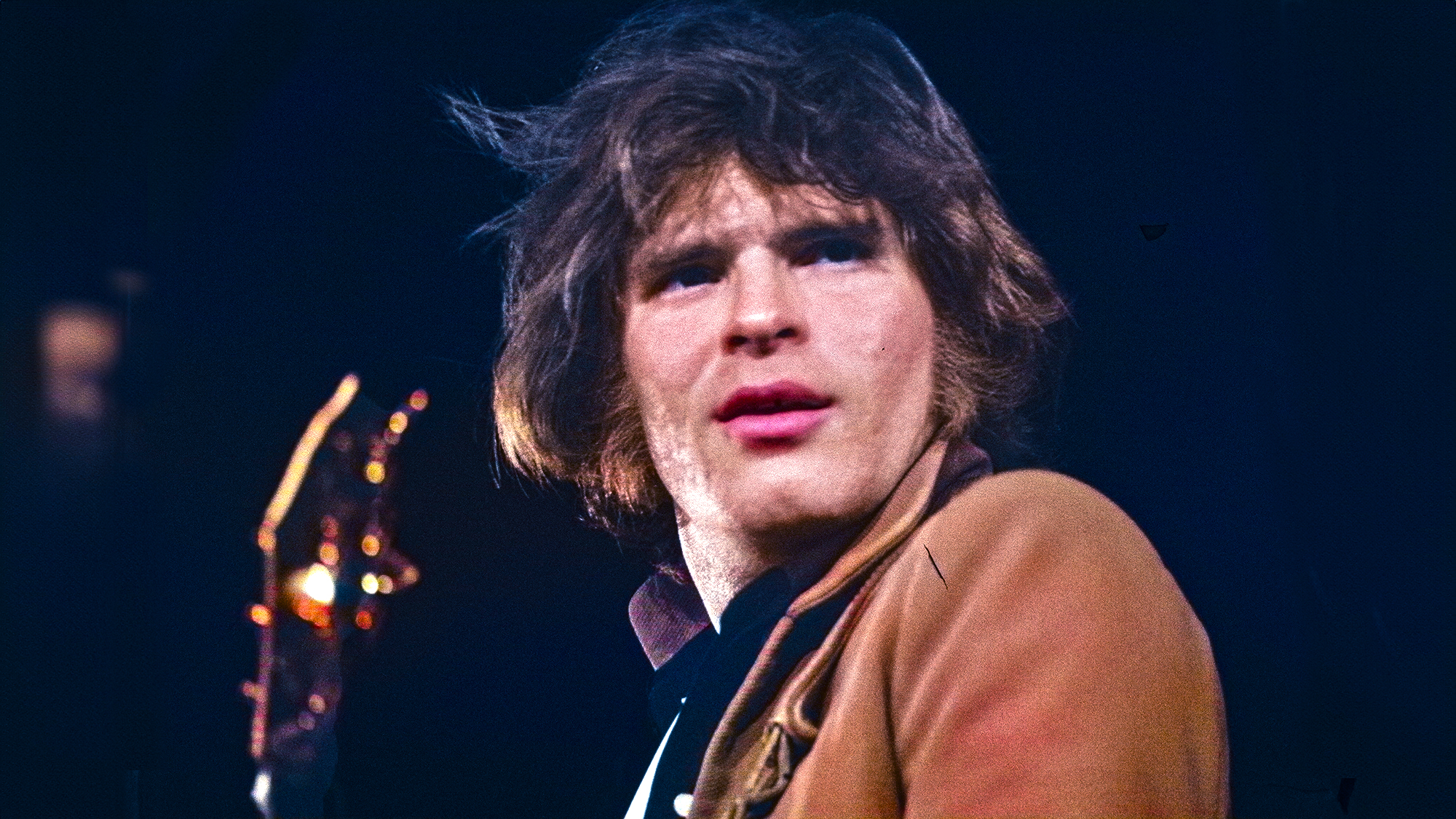“That song is literally about my band breaking up.” John Fogerty on the Creedence Clearwater Revival single that predicted their downfall — and ultimately became their biggest hit
Released in 1971, the tune has become the most streamed track in the group’s hit-heavy catalog

All the latest guitar news, interviews, lessons, reviews, deals and more, direct to your inbox!
You are now subscribed
Your newsletter sign-up was successful
For Creedence Clearwater Revival, 1969 was the year that nearly everything went their way. The group released three albums over those 12 months, as well as four singles that — between their A and B sides — garnered them eight hits: “Proud Mary,” “Born on the Bayou,” “Bad Moon Rising,” “Lodi,” “Green River,” “Commotion,” “Down on the Corner” and “Fortunate Son.”
Each of those songs was written by the group’s frontman, John Fogerty, as were the hits they released in 1970.
All of which left a bad taste in the mouths of his bandmates: his brother, and fellow guitarist, Tom; drummer Doug Clifford and bass guitarist Stu Cook. All three felt they were being deprived of a chance to have their tunes recorded and earn some songwriting royalties.
So as CCR prepared to make Pendulum, their sixth studio record, in November 1970, his bandmates demanded a meeting.
“I got sort of surprised — kind of shanghaied — into this,” Fogerty tells Rick Beato. “And everybody was demanding, 'We want to all write songs, and we want to make up our own parts on the records' — that sort of thing. And it was basically an ultimatum.”
Fogerty had resisted these sorts of demands in the past, certain that only he knew how to lead the group to the top of the charts..
“I don’t think we would’ve found any success some other way had I not written any songs or had someone else been the lead singer,” he told Guitar Player in 2024. “Me and the fellas would’ve been playing down at a local club somewhere until the moment the wives all started saying, ‘Well, you better get a real job now.’”
All the latest guitar news, interviews, lessons, reviews, deals and more, direct to your inbox!
But as he noted, people want recognition for their talents. “At some point human beings are the way they are. They get jealous of that guy getting the attention, or they want to try doing what he’s doing. But that’s why there’s just one quarterback on a good team.”
This time, however, the band was adamant. “It was clear at this meeting that the band was going to be no more if I didn’t acquiesce,” he tells Beato.
“So, of course, I did,” he continues. “I mean, the band was a beloved thing to me, and I guess it probably comes off as sounding a little haughty, or maybe arrogant... I knew how to get there and make it.
“And, of course, we were way up in the clouds as far as showbiz success. And so I thought that was enough of a reason; that success was the reason.
“But, in my point of view, the other fellas didn’t actually realize what it took for us to be sitting there.”
Me and the fellas would’ve been playing down at a local club somewhere until the moment the wives all started saying, ‘Well, you better get a real job now.’”
— John Fogerty
Fogerty gave in. But as the sessions for Pendulum arrived, he found that nothing had actually changed.
“So November comes, we start showing up at the studio,” he says. But no one, aside from him, was bringing in songs. “So I start filling in the gap.”
One of those gap fillers was “Have You Ever Seen the Rain,” a song that he says “is literally about Creedence breaking up.”
“The setting for that was, there could be a blue sky, but way over there, out of your vision, is a storm or rain clouds. Something in the upper atmosphere is pushing the rain over and it falls on you, but you look up, and it's a clear sky.
“And to me, here is our band going up in the bluest sky you ever saw, and yet everybody’s grumbling and unhappy and miserable. And I couldn’t understand that. That was what caused me to write this song."
Released as a single in January 1971, “Have You Ever Seen the Rain” peaked at number eight on the Billboard Hot 100 singles chart — a rather soft showing considering the numerous top-five singles that preceded it.
But for whatever reason, the track struck a chord with listeners in the digital age. Today, “Have You Ever Seen the Rain” is CCR’s most popular track, with more than two billion streams on Spotify alone. It’s followed by “Fortunate Son,” which currently sits at 1.7 billion.
Pendulum would be the final album to feature all four CCR members. Afterward, Tom would leave the band, and the brothers remained estranged through to his death in 1990. The remaining members broke up in 1972 following the release of Mardi Gras.
It took decades, but Fogerty finally came around to playing his songs again. After being coaxed by Bob Dylan to perform “Proud Mary” at an impromptu live performance in 1989, he eventually came around to reclaiming his musical past.
In 2016, with the help of his wife, Fogerty reacquired the Fireglo Rickenbacker 325 semi-hollow that had been among his key electric guitars during his years with the group, and began taking tentative steps to return to the stage. This past August he issued Legacy: The Creedence Clearwater Revival Years, which features re-recordings of his newly reclaimed CCR material.
Christopher Scapelliti is editor-in-chief of GuitarPlayer.com and the former editor of Guitar Player, the world’s longest-running guitar magazine, founded in 1967. In his extensive career, he has authored in-depth interviews with such guitarists as Pete Townshend, Slash, Billy Corgan, Jack White, Elvis Costello and Todd Rundgren, and audio professionals including Beatles engineers Geoff Emerick and Ken Scott. He is the co-author of Guitar Aficionado: The Collections: The Most Famous, Rare, and Valuable Guitars in the World, a founding editor of Guitar Aficionado magazine, and a former editor with Guitar World, Guitar for the Practicing Musician and Maximum Guitar. Apart from guitars, he maintains a collection of more than 30 vintage analog synthesizers.


